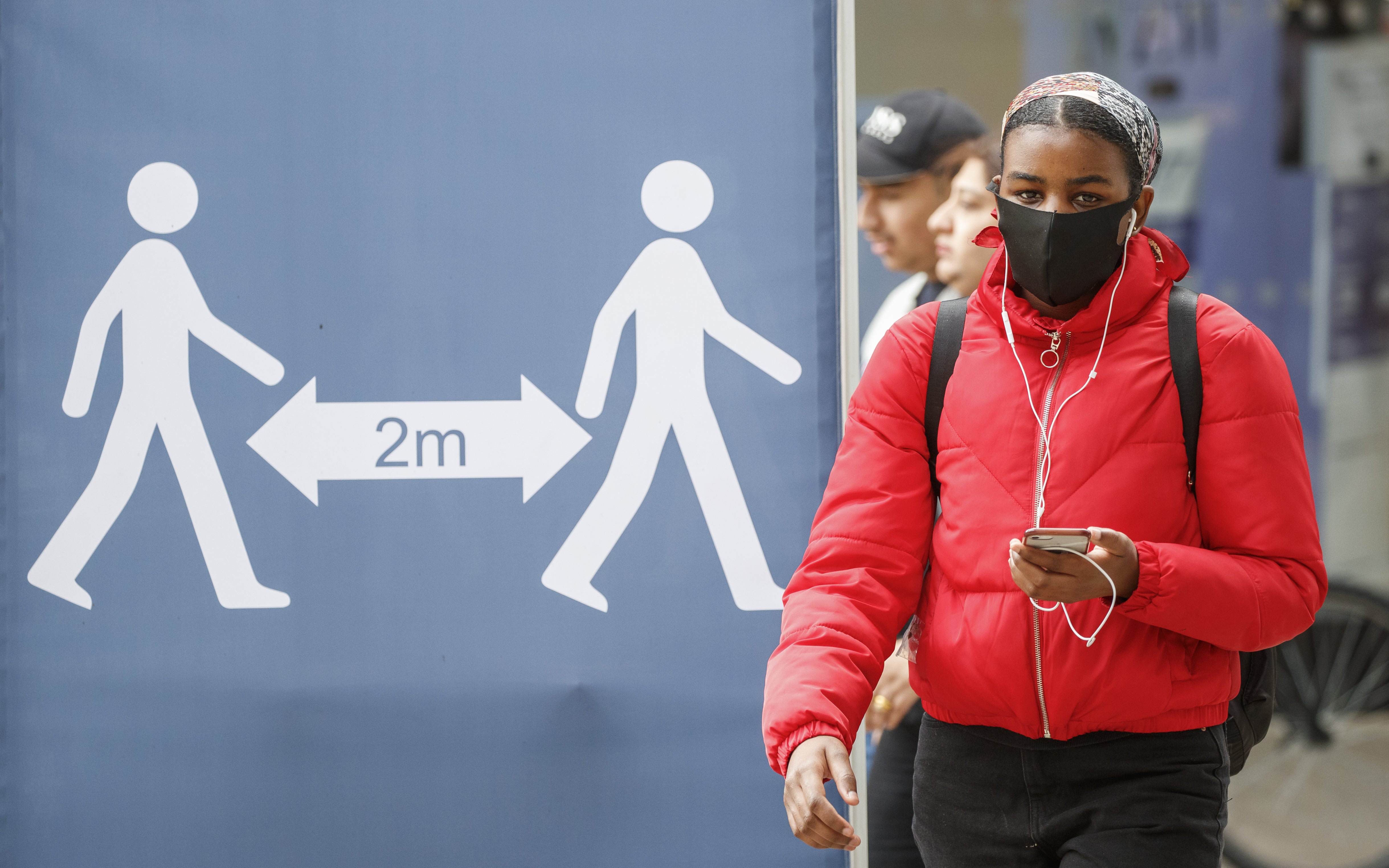Large outbreaks of diseases such as flu likely when social distancing ends, study shows
Cases of other respiratory illnesses could peak next winter

Your support helps us to tell the story
From reproductive rights to climate change to Big Tech, The Independent is on the ground when the story is developing. Whether it's investigating the financials of Elon Musk's pro-Trump PAC or producing our latest documentary, 'The A Word', which shines a light on the American women fighting for reproductive rights, we know how important it is to parse out the facts from the messaging.
At such a critical moment in US history, we need reporters on the ground. Your donation allows us to keep sending journalists to speak to both sides of the story.
The Independent is trusted by Americans across the entire political spectrum. And unlike many other quality news outlets, we choose not to lock Americans out of our reporting and analysis with paywalls. We believe quality journalism should be available to everyone, paid for by those who can afford it.
Your support makes all the difference.Large outbreaks of diseases such as flu could emerge once Covid-19 measures like social distancing end, a study from Princeton University has suggested.
Researchers said that non-pharmaceutical interventions (NPIs) such as mask wearing and social distancing, which were introduced to reduce the spread of Covid-19, had also lowered the incidence of illnesses including seasonal influenza and respiratory syncytial virus (RSV).
The study points to Florida, where RSV rates dropped to almost zero in March, and Hawaii, where influenza was virtually non-existent in the same month.
As a result of the reduced transmission rates caused by NPIs, it is thought that people will be more susceptible to catching these respiratory infections once coronavirus precautions are dropped.
Rachel Baker, an academic at Princeton’s High Meadows Environmental Institute (HMEI) who led the research, said: “Declines in case numbers of several respiratory pathogens have been observed recently in many global locations.”
“While this reduction in cases could be interpreted as a positive side effect of Covid-19 prevention, the reality is much more complex,” she added, mentioning that “large outbreaks” could simply be delayed by the controls.
Ms Baker and her colleagues used an epidemiological model to make their predictions, comparing historic RSV data with this year’s figures to map out potential future RSV outbreaks in the US and Mexico.
They believe that RSV cases will peak in many places in the winter of 2021-2022, following the likely end of the NPI period.
The research team also suggested that NPIs could have significant impacts on the trajectory of other illnesses.
“NPIs could have unintended longer-term impacts on the dynamics of other diseases that are similar to the impact on susceptibility we projected for RSV, said co-author Bryan Grenfell, a professor at HMEI.
The group’s research was published in the Proceedings of the National Academy of Sciences on Monday.



Join our commenting forum
Join thought-provoking conversations, follow other Independent readers and see their replies
Comments